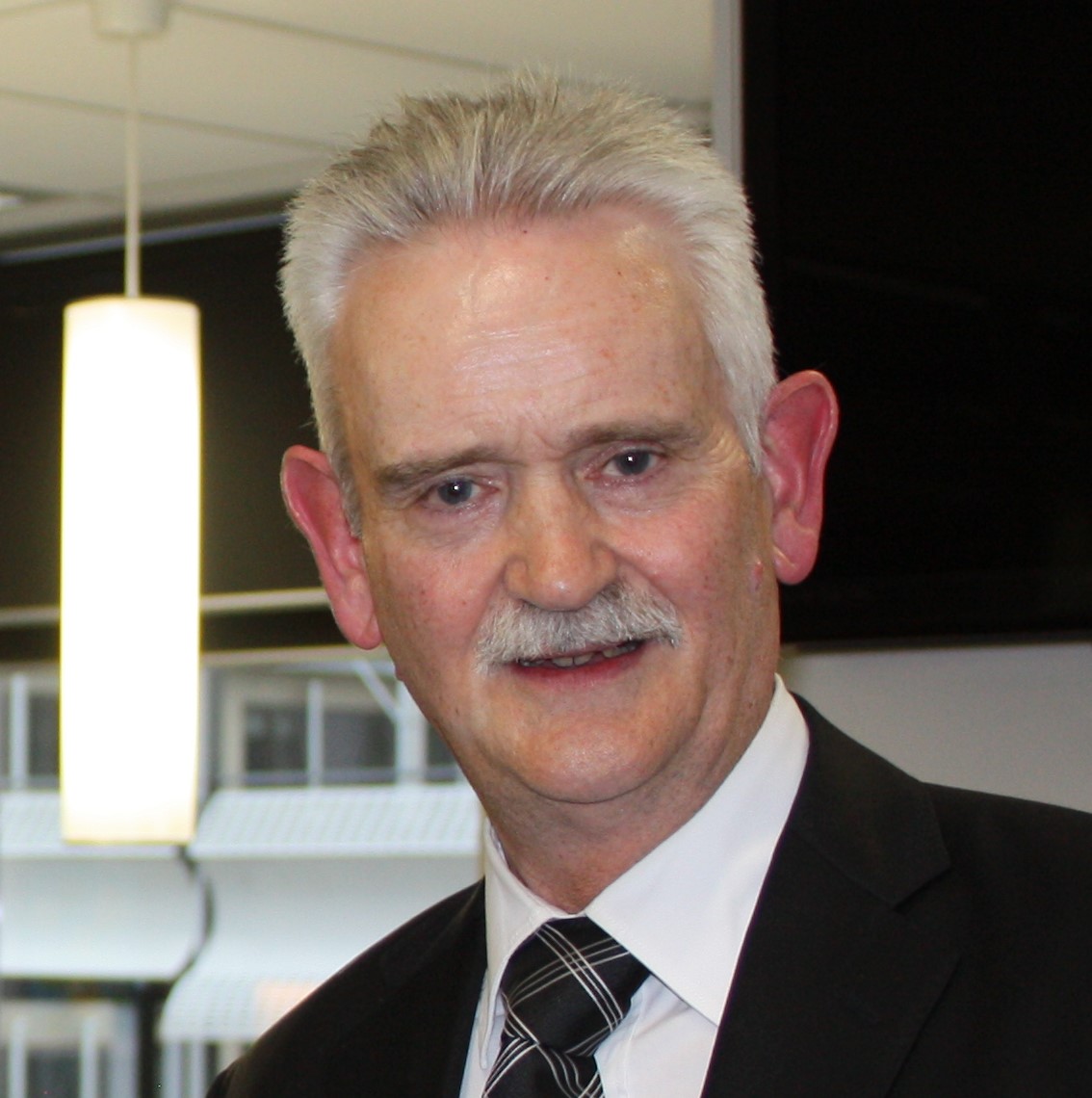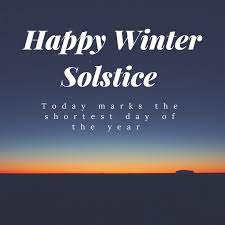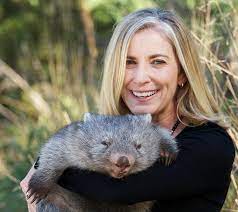 A short Post this week because today’s the shortest day, and President Andrew is briefly winding down for the year preparatory to winding up again for his second term as Club President.
A short Post this week because today’s the shortest day, and President Andrew is briefly winding down for the year preparatory to winding up again for his second term as Club President.Changeovers
Last week Pam and I attended Rotary Glenferrie’s Changeover and next week we’ll represent the Club at Rotary Kew’s Changeover.

Our own Changeover is on Saturday. Fifty members and guests have booked to attend. This is down on last year’s number but with so many members succumbing to the post-Covid travel bug it’s a good turnout.
Despite the fact that the District Changeover is being held earlier the same day, I’m pleased to say that the District will be presented at our changeover by Past District Governor Philip Archer, Assistant Governor Riverside Lili Teichman, and Assistant Governor-elect Riverside Anne Frueh and PDG Peter Frueh. Other guests include the presidents and presidents-elect of the Rotary clubs of Glenferrie and Kew, and the Deputy Mayor of Boroondara.
Membership reminder
 Invoices for the renewal of Club membership have been sent to members.
Invoices for the renewal of Club membership have been sent to members. If you haven’t yet renewed your membership we’d be grateful if you could do so by 30 June.
Next Club meeting

The last meeting for the current Rotary year will be held next Tuesday by Zoom. Our speaker is Dr Jenny Gray, CEO of Zoos Victoria. Jenny is a past President of the World Association of Zoos and Aquariums and her PhD thesis was ‘An Ethical Defence of Modern Zoos’. It’s bound to be an interesting talk so don’t miss it!
Until then stay warm, safe, and well.
Thoughts for the Week
Today is Internation al Day of Yoga so I thought we might reflect on the potential power of meditation.
al Day of Yoga so I thought we might reflect on the potential power of meditation.
 al Day of Yoga so I thought we might reflect on the potential power of meditation.
al Day of Yoga so I thought we might reflect on the potential power of meditation.If every eight-year-old in the world is taught meditation, we will eliminate violence from the world within one generation.
- Dalai Lama
And a few light-hearted, anonymous takes on this subject.
Come on inner peace, I don’t have all day!
Meditation is the ultimate mobile device; you can use it anywhere, anytime, unobtrusively.
Meditation, because some questions can’t be answered by Google.

His Holiness the 14th Dalai Lama is the spiritual leader of Tibet. Born in 1935 to a farming family, at the age of two he was recognized as the reincarnation of the previous 13th Dalai Lama. The Dalai Lamas are believed to be manifestations of the Bodhisattva of Compassion and the patron saint of Tibet. Bodhisattvas are enlightened beings who have put off entering paradise in order to help others attain enlightenment.
He began his monastic education at the age of six and sat his final examination in Lhasa’s Jokhang Temple at the age of 23.
In 1950, after China's invasion of Tibet, the Dalai Lama was called upon to assume full political power. In 1954, he went to Beijing and met with Mao Zedong and other Chinese leaders. In 1959, following the suppression of the Tibetan national uprising in Lhasa by Chinese troops, he was forced to escape into exile and has since lived in Dharamsala, northern India.
In 1963, the Dalai Lama presented a draft democratic constitution for Tibet, followed by a number of reforms to democratize the Tibetan administration. In 1992, the Central Tibetan Administration published guidelines for the constitution of a future, free Tibet. In May 1990, as a result of the Dalai Lama’s reforms the Tibetan administration in exile was fully democratized and exiled Tibetans living around the world elected members to the Tibetan Assembly. The Assembly then elected the members of a new cabinet.
In September 2001, in a further step toward democratization, the Tibetan electorate directly elected the Chairman of the Cabinet who then appointed his own cabinet. This was the first time in Tibet's long history, that the people had elected their political leaders. The custom by which the Dalai Lamas held temporal as well as spiritual authority in Tibet came to an end in 2011 when the Dalai Lama devolved his political authority to the elected leadership.
In 1989 the Dalai Lama was awarded the Nobel Peace Prize for his non-violent struggle for the liberation of Tibet and was recognized for his concern for global environmental problems.